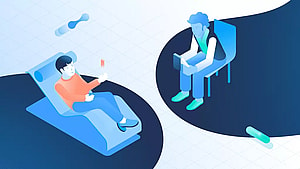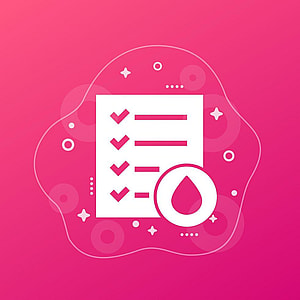
...involve the patient in making any necessary lifestyle changes to help improve their sleep quality, such as improving their sleep environment, establishing a regular sleep schedule, avoiding caffeine and alcohol,...

...on alcohol and caffeine can help, and good sleep works wonders. Find what helps you relax and nurture your mental and emotional health. For some people, it’s walking in nature;...

...more frequent meals. Eating more slowly can reduce gas and bloat. Along with an individual’s possible food intolerances, foods commonly associated with abdominal cramping or diarrhea include coffee, caffeine, alcohol,...

...Coping with behavioral disorders, such as drug or alcohol addiction Coping with serious medical conditions, such as cancer It is also often incorporated into the treatment plan for: Anxiety disorder...

...anti-hypertensive drugs). Alcohol and stimulants (coffee, tea, or soft drinks) should also be avoided for 12 hours before the procedure. Not to smoke or engage in physical exercise (such as...

...as soon as possible. A rapid removal of a tick can prevent infection with LD. To remove a tick:[5] Disinfect the site where the tick has attached with rubbing alcohol...

...the blood. Elevated levels can indicate problems with the kidneys and parathyroid glands, and they may be a sign of malnutrition or alcohol abuse. Potassium test Potassium aids the communication...

...Some of the most common tests are the following: Cholesterol tests – This test is highly recommended for individuals who smoke, drink alcohol, and are obese. Colorectal cancer – This...

...the procedure, risks, and benefits with their surgeon. * Make arrangements for post-operative care and support. * Quit smoking and alcohol prior to surgery. **Related Keywords:** * Mandibulectomy * Jaw...

...These are different from person to person, but some common triggers are emotional stress, not eating, some smells, certain weather, disturbed sleep, alcohol, smoke, etc. People who suffer troublesome, recurrent...






